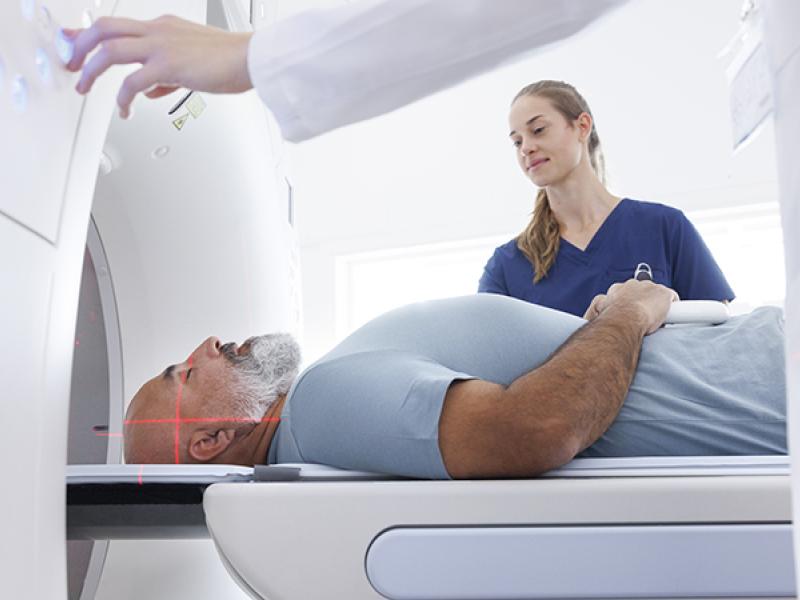PGY1 (Internship) for Categorical Residents
- Rotating internship consisting of surgery, internal medicine, pediatric, emergency medicine and anesthesiology.
- Rotations include time both at the Harry S. Truman Memorial Veterans’ Hospital and University Hospital. PGY1 residents rotate in internal medicine (including MICU), surgery, pediatrics including NICU, one month of emergency medicine, and anesthesiology.
Typical Curriculum for Clinical Anesthesia Years
CA1 Rotations
- General Surgery rotations including ENT, gynecology, orthopedics, surgical oncology and urology with increasing clinical complexity
- Surgical Intensive Care Unit (SICU)
- Ambulatory Surgery
- Night Float
- Pain
- Preanesthetic Evaluation
- Quality Improvement week
- Introductory rotations in cardiothoracic anesthesia, neuroanesthesia, obstetric anesthesia and pediatric anesthesia
CA2 Rotations (two-four weeks)
- Neuroanesthesia
- Cardiothoracic Anesthesia
- Pediatric Anesthesia
- Obstetric Anesthesia
- Surgical Intensive Care Unit (SICU)
- Preanesthetic Evaluation
- PACU
- Acute and Chronic Pain
- Echocardiography
- Regional Anesthesia
- Night Float
- Vascular
- General Surgery
CA3 Rotations (two-four weeks)
- Neuroanesthesia
- Cardiothoracic Anesthesia
- Pediatric Anesthesia
- Obstetric Anesthesia
- Preanesthetic Evaluation
- Echocardiography
- Acute and Chronic Pain
- Night Float/Regional Anesthesia
- Elective
- OR Management
- Remote site anesthesia (GI, radiology, IR)
- General surgery or additional subspecialty rotations
Clinics
- Pain Clinic – Residents rotate through our chronic pain clinic during their CA2 and CA3 years for experience on management of chronic pain states and outpatient chronic pain procedures including: epidural steroid injections, radiofrequency ablations, ultrasound guided blocks including ganglion blocks, spinal cord stimulators, peripheral nerve stimulators, and intrathecal pumps.
- Preoperative Clinic – Our preoperative clinic is an onsite clinic for the Missouri Orthopeadic Institute and through a phone evaluation for the other University Health Care sites. Residents participate in reviewing preoperative screening with faculty to determine an appropriate preoperative evaluations. All inpatient preoperative evaluations are performed by a member of the Department of Anesthesiology prior to their scheduled procedure.





